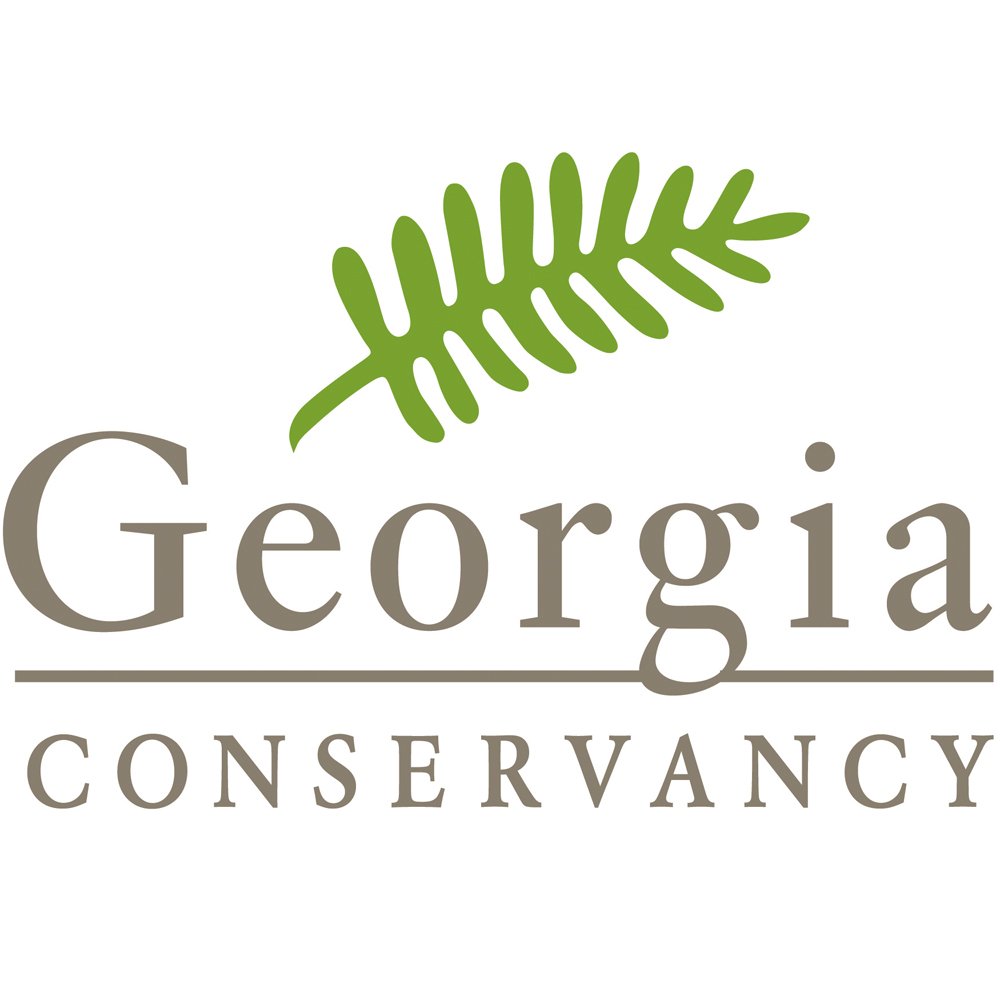Housing Study: Newton County
Across Georgia, housing is emerging as a critical concern for communities of all shapes and sizes. Small- to mid-sized cities and large metropolises alike face issues related to housing choice, attainability, and resiliency.
Leadership at the Covington Housing Authority, which serves all of Newton County as well as its cities, recognized this fact when they approached the Georgia Conservancy in 2018. As a major housing influencer in Newton County, they sought to understand more deeply the challenges facing Newton County and its cities, especially in light of heightened economic growth and interest arriving to the area. With the best available information on Newton County's housing supply, demand, and growth projections, Covington Housing Authority would be well positioned to create positive change and strengthen communities in Newton County.
The Georgia Conservancy team adopted a multi-pronged approach to understanding housing strengths, opportunities, and challenges in Newton County, balancing statistical data and trend analysis with anecdotal evidence from residents, business leaders, and city officials. For the statistical portion, a methodology using existing conditions and projected household growth was developed to assess gaps between housing currently available and the demand for new housing across different scales, types, and price points. Findings indicated that each jurisdiction faced different challenges. Some areas were oversupplied by certain kinds of housing (especially large, single-family dwellings) based on demand for those types of units, while other areas could expect contraction in their population, leading to a surplus of vacant units across different categories. Some cities had a healthy distribution of units that could absorb shifting preferences and growth trends. This highlighted the need for localized, targeted solutions that could address multiple issues at once.
This statistical analysis was compared and contrasted with perceptions about Newton County's housing from various stakeholders. For this aspect of the project, Georgia Conservancy partnered with Emory University's Community Building and Social Change Fellowship Program, which provides Emory students with direct experience working with communities on complex issues, such as housing. In coordination with researchers and Georgia Conservancy staff, students investigated community perceptions related to housing through stakeholder interviews and a community survey. Overall, they found that community members acknowledged challenges related to housing affordability, availability, and choice of housing type.
Some key findings have emerged throughout this process. First, a community's housing can support a high quality of life, if it can meet changing demands and trends. To accomplish this, various housing options -- across type, price point, and tenure structure (rent vs. own) -- must be available to current and future residents. Second, an incremental approach to housing development can help weather changes to demand by slowly but steadily increasing supply. A more diffuse strategy to housing development can help anchor cities and counties as other aspects of the community change. Lastly, a rising tide lifts all boats: that is to say, a balanced approach to housing can be designed based on community needs. Encouraging the development of higher-end units alongside affordable units, or larger units alongside smaller units, can relieve stress on one particular type of housing, such that more opportunities exist for others.
Georgia Conservancy Staff
Joel Jassu, Urban Planning Intern
Nick Johnson, Senior Planner
Johanna McCrehan, Urban Design Lead
Katherine Moore, President
Luben Raytchev, Designer/Planner
Covington Housing Authority Staff
Shamica Tucker, Executive Director
Ashley Derricho, Administrative Specialist
Jackie Dillon, Housing Coordinator
Tammy Price, Housing Coordinator
Anthony Randall, Physical Property Manager
Keesha Tucker, Administrative Manager
Project Partners
Kate Grace, Emory Community Building and Social Change Fellowship
Kay Lee, Church Street Services
Emory Community Building and Social Change Fellows
Théo Davis
David Nifong
Julie Park
Afshin Valani
Questions? Reach out to Georgia Conservancy Senior Planner Nick Johnson at njohnson@gaconservnacy.org






